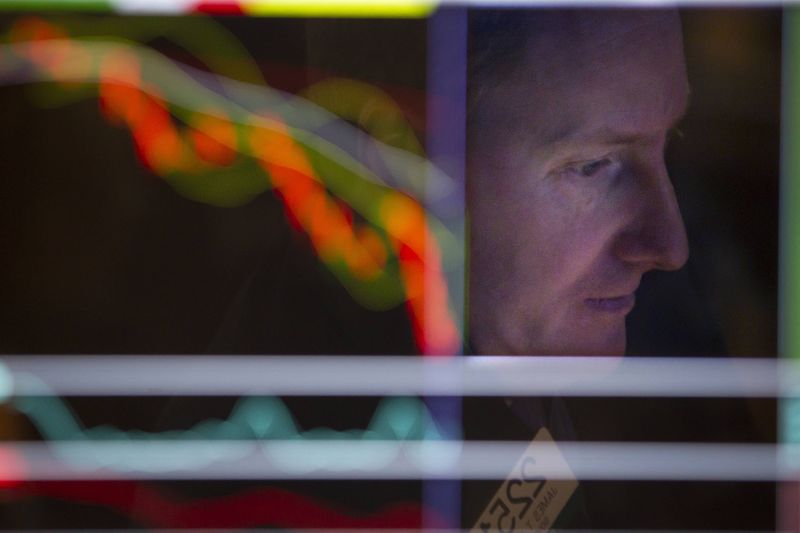Asahi shares mark weekly slide after cyberattack halts production
Investing.com -- UBS Global Research has upgraded Solaria (BME:SLRS) to “buy” from “neutral,” citing a shift in fundamentals driven by demand from data centers and battery energy storage systems (BESS), in a note dated Friday.
Shares of the Spanish company were up 7.4% at 04:30 ET (08:30 GMT).
Analysts argue the market is overlooking these developments, which they believe mark a turning point for the Spanish solar company.
Solaria’s shares have declined roughly 75% from their January 2021 peak, underperforming both peers and the broader renewables sector.
While investor focus remains on sector-wide issues such as curtailment risks, low solar prices in Spain and slower capacity additions, UBS contends that rising electricity demand from data centers and the value-enhancing role of BESS are not being priced in.
The company has already secured over 1.2GW in connection points for data centers and is in advanced talks with five parties for joint ventures or asset sales.
UBS models €230 million in asset sales through 2028, with implied capital gains of around 60%.
Analysts estimate the full monetization of the secured capacity could add €6–7 per share in value. A first deal is expected in the second half of 2025, which could serve as a key catalyst.
BESS, meanwhile, is expected to ease grid pressure and improve pricing dynamics by shifting solar output to peak demand periods.
UBS estimates this, along with data center demand, could justify 15–22GW in new capacity nationally, enough to support Solaria’s forecasted additions of 4.3GW through 2028.
While this falls short of the company’s own 14.3GW target, UBS still projects 15% EPS CAGR for the 2024–28 period.
The brokerage has cut its price target by 5% to €9.55, reflecting lower power price forecasts and a slight reduction in expected capacity additions. However, this still implies over 35% upside from the current share price of €7.
UBS says that Solaria trades at a steep discount, around 75% below its historical P/E average and at a 50% discount to peers, despite having materially higher earnings growth expectations.
The stock, analysts argue, is currently priced as ex-growth, which misaligns with its projected financial trajectory.
